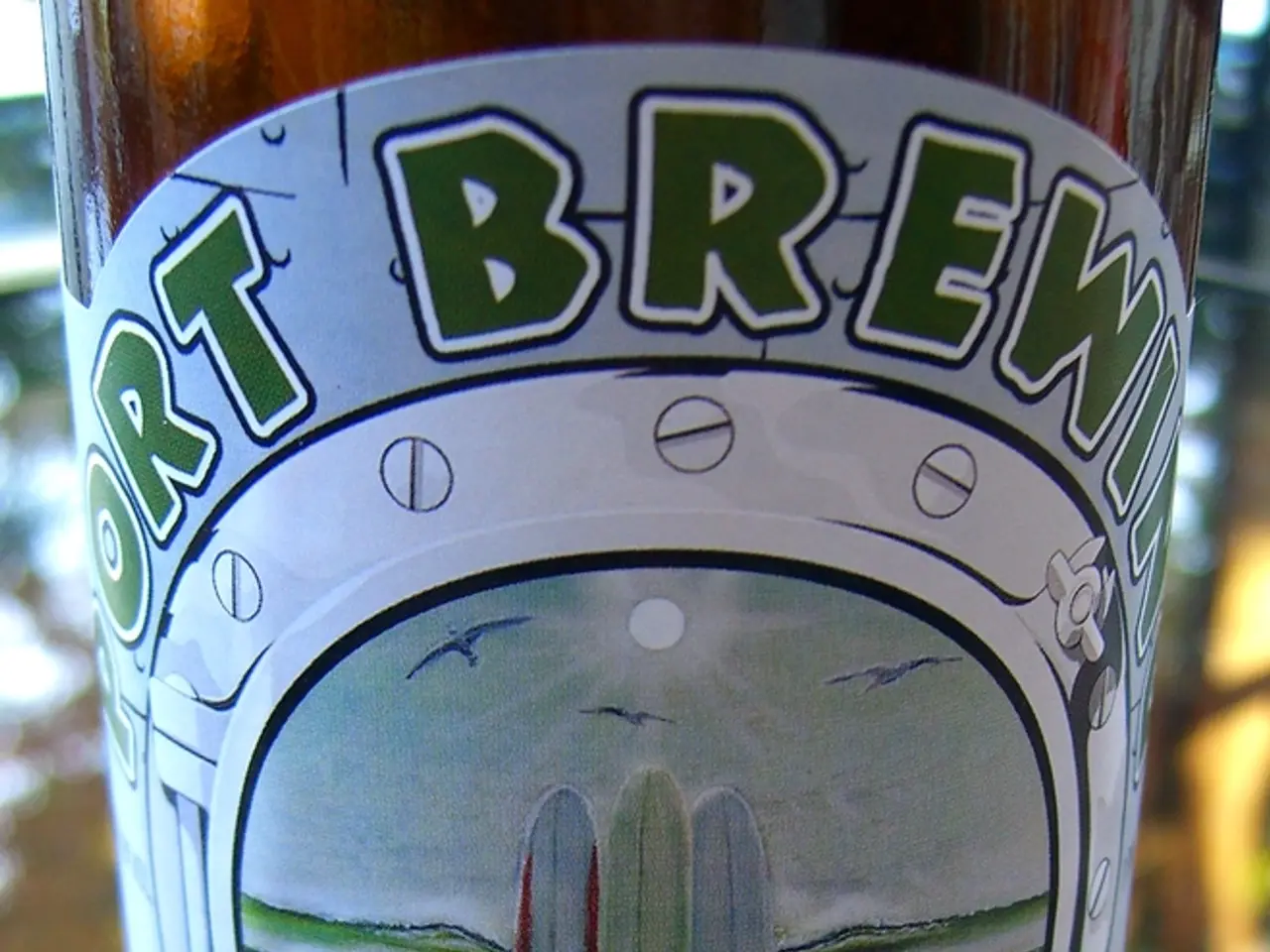Major Global Liquor Brand Experiences Significant 28% Decline in Profits
Diageo Navigates Challenging Year with Strategic Adjustments
In a recent statement, Diageo, the British multinational alcoholic beverages company, has shared its financial performance for the past year. The company, which owns popular brands such as Guinness, Casamigos, Bulleit, Dickel, Talisker, Lagavulin, and Port Ellen, has faced a mixed year of results.
Sales over the past year saw a modest increase of 0.1 percent, with organic sales volumes rising nearly 1 percent. However, this growth was not enough to offset the decline in operating profit, which dropped by 28 percent compared to the previous year, amounting to a decline of 27.8 percent in reported operating profit. This significant drop is largely due to exceptional items.
In response to these profit pressures, Diageo is implementing cost-saving measures. The company's strategic plan, named the "Accelerate" initiative, is expected to result in some layoffs. The initiative, originally announced in May with a cost-saving target of $500 million, has now been boosted to $625 million.
Despite these challenges, Diageo generated strong net cash from operating activities, increasing to $4.3 billion, supporting liquidity. The company is focusing on growth areas, with standout brand performances from Don Julio, Crown Royal Blackberry, and Guinness, along with expansion in its non-alcoholic portfolio (organic net sales +40%) through acquisitions like Ritual Beverage Company LLC.
Regarding future growth outlook, Diageo acknowledges ongoing macroeconomic uncertainty and evolving alcoholic beverage market trends. However, the company remains confident in the industry's long-term fundamentals and its ability to outperform. The company is committed to improving financial performance and shareholder returns by focusing sharply on execution and managing controllable factors.
The operating environment remains challenging with tariff and economic uncertainties that could weigh on volumes. However, the company's diversified brand portfolio and strategic initiatives in premiumization and non-alcoholic segments are positioned as key growth drivers.
The statement does not provide specific updates or changes in the company's financial performance as of the rest of 2021 or beyond. It also does not mention any changes to the tariffs from the Trump administration and their impact on the company, nor any new sales figures or organic sales volumes. Furthermore, the statement does not mention any layoffs or changes in the workforce, nor any plans for a permanent CEO replacement for Debra Crew, who left the company in mid-July.
Nik Jhangiani, Diageo's interim CEO, expressed optimism about the spirits sector's long-term fundamentals and the company's ability to outperform. He stated that Diageo is focusing on managing and controlling what it can and executing at pace.
In summary, Diageo navigated a challenging year with strategic adjustments to stabilize its financials and pursue growth despite profit declines and broader economic headwinds. The company remains cautiously optimistic, facing macro uncertainties including tariffs and consumer pressure but committed to long-term growth.
In the wake of challenging financial results, Diageo is devising personal-finance strategies to increase savings and optimize investments within its business operations, focusing on costs, executions, and controllable factors. The company is also eyeing opportunities in growth areas, such as its non-alcoholic portfolio and premium brand segments, to further its investing prospects.




